Sakura shrimp, a rare and delicate seafood, is a true gem of Japan’s Suruga Bay. Known for its unique flavor and vibrant pink color, it plays an important role in local cuisine and culture. In this article, we’ll explore everything from the fascinating history of sakura ebi fishing to how it’s prepared and enjoyed today. If you’re curious to learn more about this special delicacy and why it’s a must-try when visiting Japan, read on!
What is Sakura Shrimp?
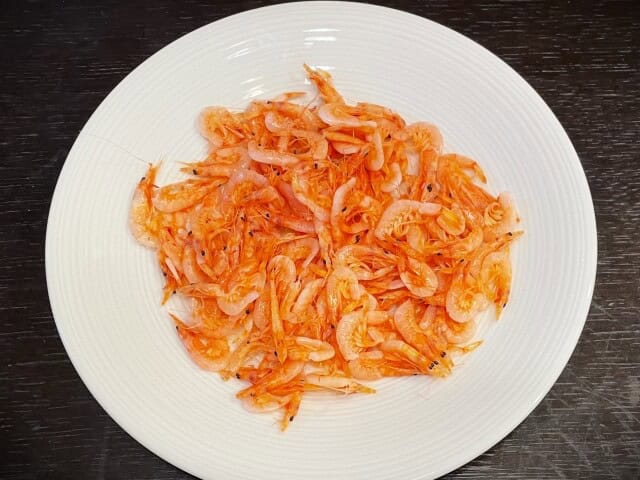
Sakura shrimp or sakura ebi are small, about 40mm long, but they are a nutritious and flavorful food. Fishermen catch these precious shrimp only in Suruga Bay, Shizuoka Prefecture, Japan. They fish for them only from April to May and November to December. The shrimp appear transparent in the sea, but turn pink when fishermen catch them, hence the name “sakura shrimp”.
About Sakura Shrimp Fishing
Sakura ebi live in the deep sea during the day at depths of about 300 meters, but rise to around 20 to 60 meters at night. Taking advantage of this habit, fishermen catch them at night using two boats. Once caught in the nets, the shrimp are sucked up with large hoses and placed into containers.
When the boats return to port, workers unload the containers full of sakura ebi and store them in refrigerators until the auction the next morning. Sakura shrimp arrive at only two ports in Japan: Yui Port and Oigawa Port.
Where do Sakura shrimp be caught?
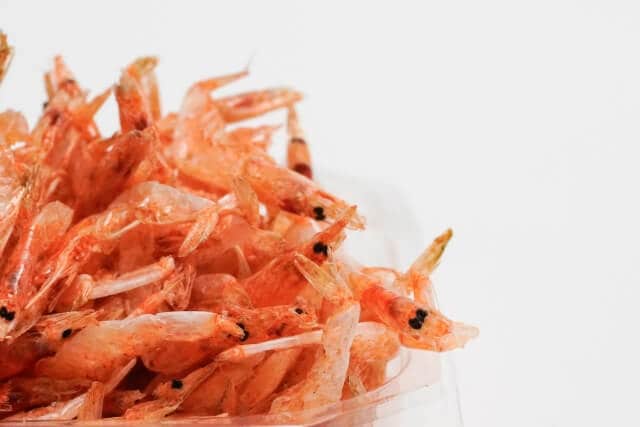
Sakura shrimp, known as the jewel of Suruga Bay, is a rare delicacy that is almost exclusively caught in Suruga Bay, Japan. While they could technically be found elsewhere, Shizuoka Prefecture is the only place in Japan with a fishing license to catch them. The fishing seasons are from mid-March to early June in spring and from late October to late December in autumn, with no fishing allowed outside these periods to protect the shrimp. Although sakura ebi live in other areas, only Shizuoka has licenses for fishing them, with just 60 licensed boats in the Yui, Kambara, and Oigawa regions. The best times to enjoy fresh Sakura ebi are during their peak seasons, now and in May.
Sakura Shrimp Origin
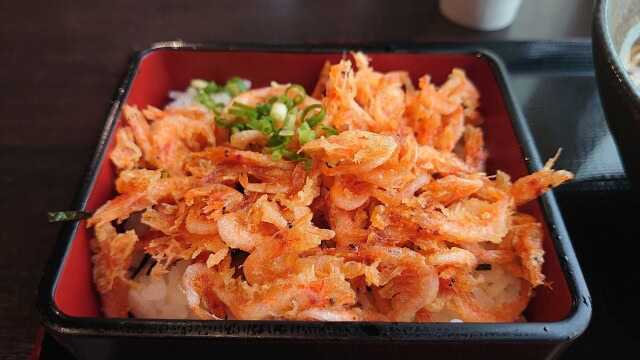
Sakura shrimp fishing began in Imajuku, now Yui Town, Shizuoka Prefecture, in 1894. Fishermen Mochizuki Heishichi and Watanabe Chubei went out for their usual nighttime fishing for horse mackerel but forgot to bring the floating barrels (called “kanta”) that keep their nets afloat. With no choice but to fish without them, their net sank deeper than usual. When they pulled it up, they were surprised to find about 150 kg of sakura ebi. This accidental discovery revealed that fishing deeper allowed for a large catch of sakura ebi, leading to the development of a specific method to catch them. This technique turned sakura ebi fishing into a thriving industry in Suruga Bay, making it a specialty of Shizuoka Prefecture.
Sakura Shrimp Tempura Recipe
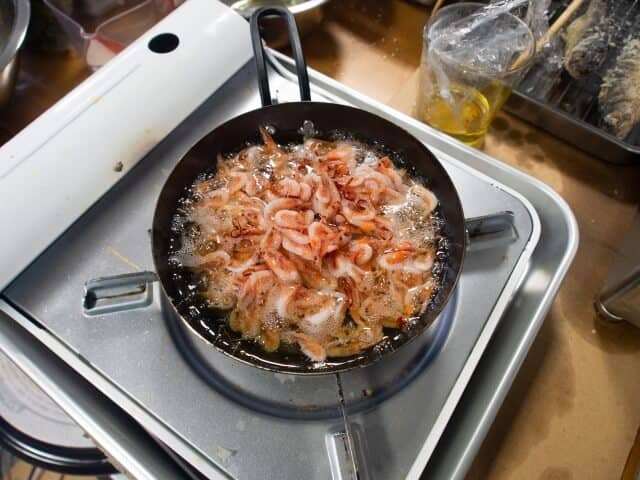
Ingredients of Sakura Shrimp Tempura
| Sakura Shrimp Tempura Ingredients for 2 persons | Measurements |
|---|---|
| Onion | 75g |
| Green onion | 30g |
| Boiled Sakura shrimp/ebi | 50g |
| Salt | 1.5g |
| Cake flour | 50g |
| Water | 60g |
| Salad oil | 15-30g |
How to make Sakura Shrimp Tempura?
Slice the onion thinly and chop the green onions into small pieces. Place the chopped onions, green onions, shrimp, salt, and flour into a bowl. Then, mix everything well.
Gradually add water to the mixture, little by little, while stirring until the batter is well combined. If the batter is too thick, add more water; if it is too thin, add more flour while watching the consistency. Once mixed, divide the batter into 4 equal portions.
Pour salad oil into a frying pan to a depth of about 5 mm. Heat the oil to a medium temperature (170-180°C). Spread two portions of the batter evenly into the pan and fry. When the bottom side turns golden brown, flip it over. Reduce the heat and continue frying for about 2 minutes.
You can also coat the kakiage in the sauce and place it on rice to make a kakiage rice bowl.
Recommended Restaurant
Kurasawaya (くらさわや)
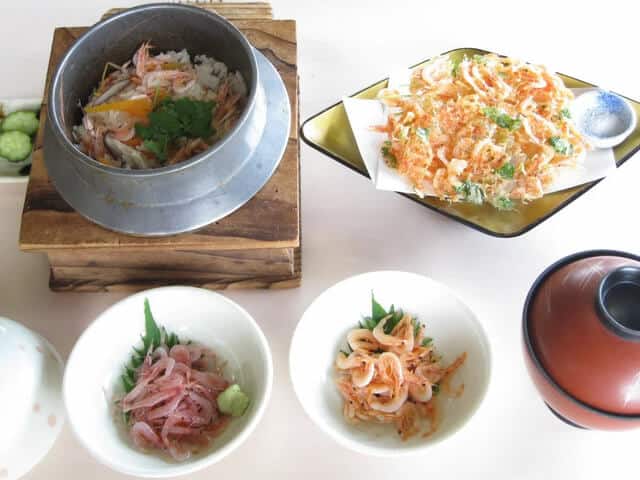
Located on a hill along the old Tokaido road, Kurasawaya is a famous restaurant serving sakura shrimp dishes, with a view of Mt. Fuji and the Izu Peninsula across Suruga Bay from the windows. Many people outside the prefecture visit this restaurant to enjoy sakura shrimp dishes, from raw sakura ebi to fried sakura ebi, sakura ebi tempura, and sakura ebi rice. The thinly battered kakiage (fried tempura) has a particularly crispy texture and is exquisite.
Gohan ya sakura (ごはん屋さくら)
This charming restaurant offers fresh sakura shrimp, a delicacy from Yui in Suruga Bay, at reasonable prices. The menu is varied, with sakura shrimp prepared in various ways, including raw, boiled, fried as kakiage, and simmered in soy sauce as tsukudani. In addition to shrimp, the restaurant serves a wide variety of Shizuoka’s seafood, including tuna from Shimizu.
A particular favorite among customers is the “Sakura Shrimp Set Meal,” which includes raw and cooked sakura shrimp, kakiage, tsukudani, and a clear soup with aosa seaweed. The restaurant’s interior is spacious and inviting, with both table seating and traditional tatami areas, creating a homey atmosphere perfect for casual dining with family and friends.
This establishment truly captures the essence of Shizuoka’s coastal cuisine, allowing guests to fully enjoy the local flavors and seafood bounty of the region. Whether you’re an aficionado of sakura shrimp or simply want to experience authentic local cuisine, this restaurant offers a delightful taste of Shizuoka’s seafood delicacies.
<iframe src="https://www.google.com/maps/embed?pb=!1m18!1m12!1m3!1d242.62794060272878!2d138.5525303167799!3d35.0967352810309!2m3!1f0!2f0!3f0!3m2!1i1024!2i768!4f13.1!3m3!1m2!1s0x601a2d5d15c4bed1%3A0x938529af7dad4417!2z44GU44Gv44KT5bGL44GV44GP44KJ!5e0!3m2!1sja!2sjp!4v1729227193167!5m2!1sja!2sjp" width="100%" height="450" style="border:0;" allowfullscreen="" loading="lazy" referrerpolicy="no-referrer-when-downgrade"></iframe>Summary
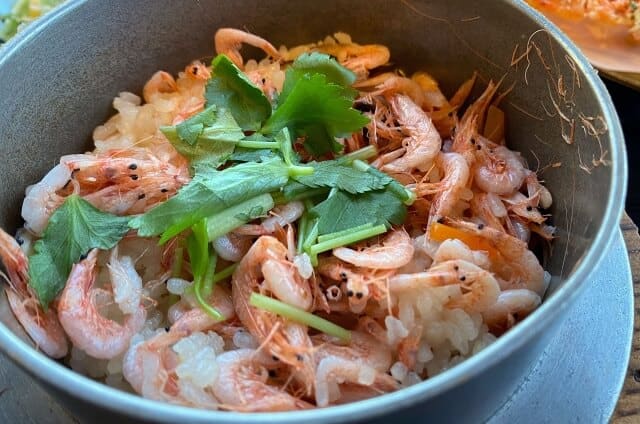
We hope this article has helped you understand more about sakura shrimp and its unique place in Japanese cuisine. With its delicate flavor and deep connection to Suruga Bay, sakura ebi is a must-try dish that captures the essence of local seafood. If you ever visit Japan, we highly encourage you to experience this special delicacy for yourself. It’s a taste you won’t want to miss!
You can also try out other Japanese cuisines similar to this dish, we recommend Ise ebi and White shrimp!
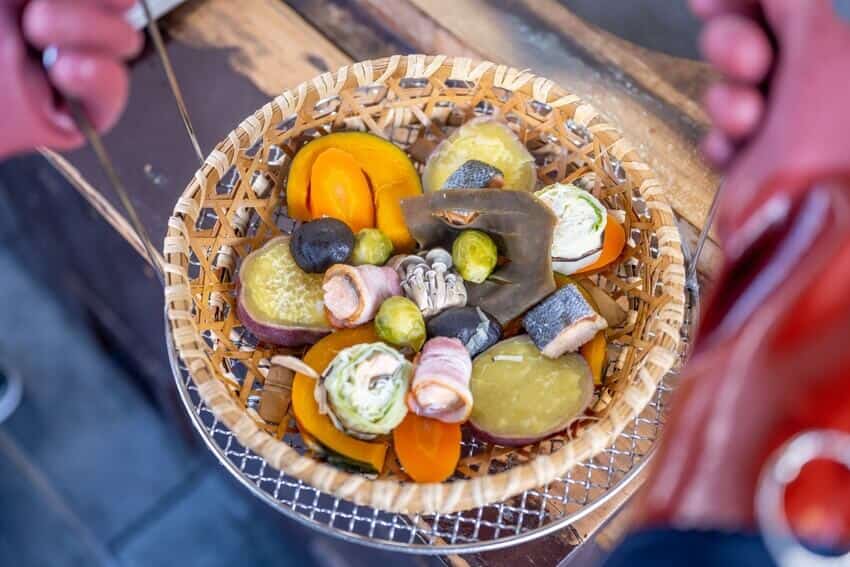
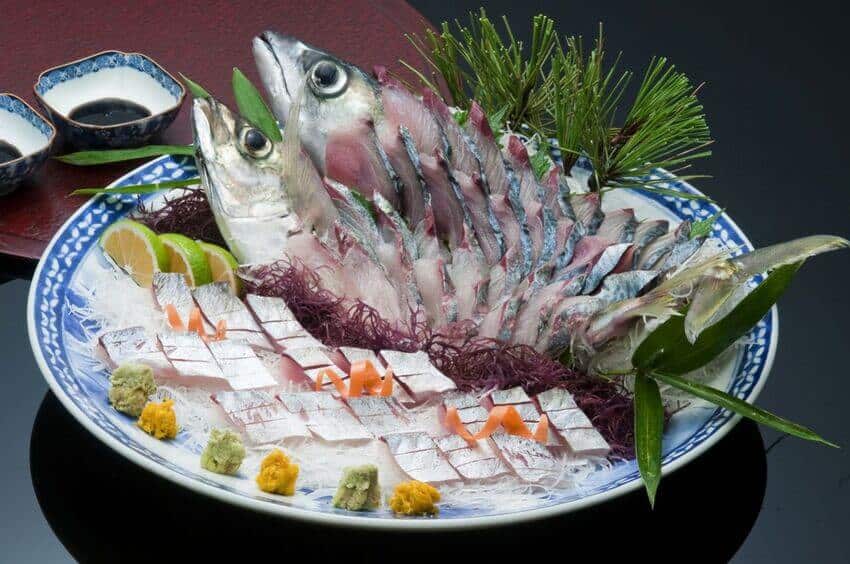
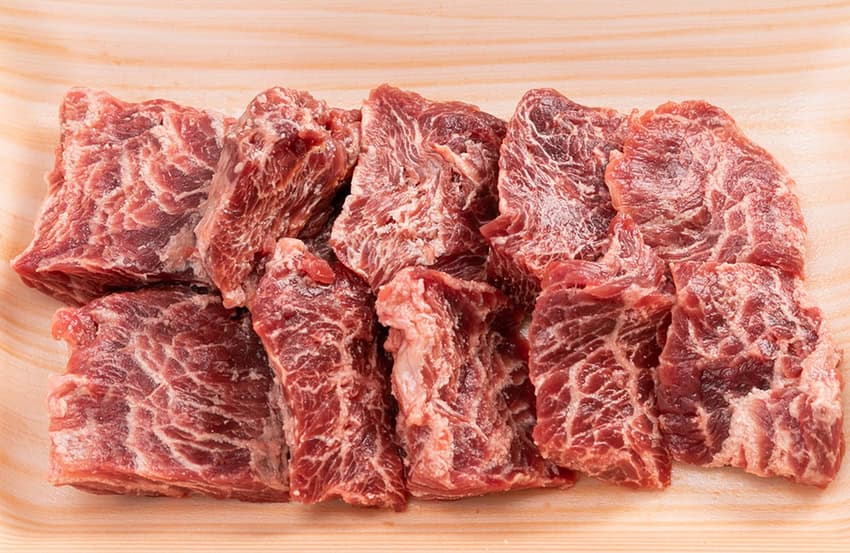
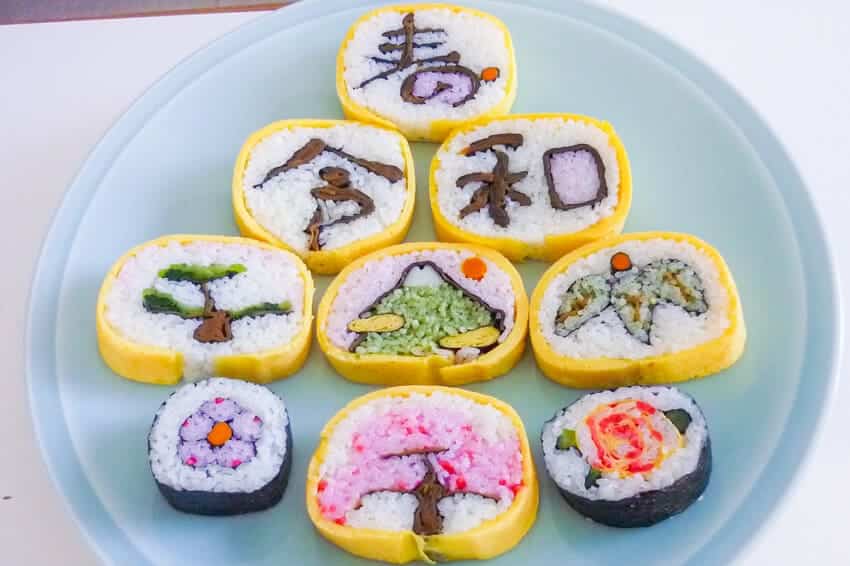
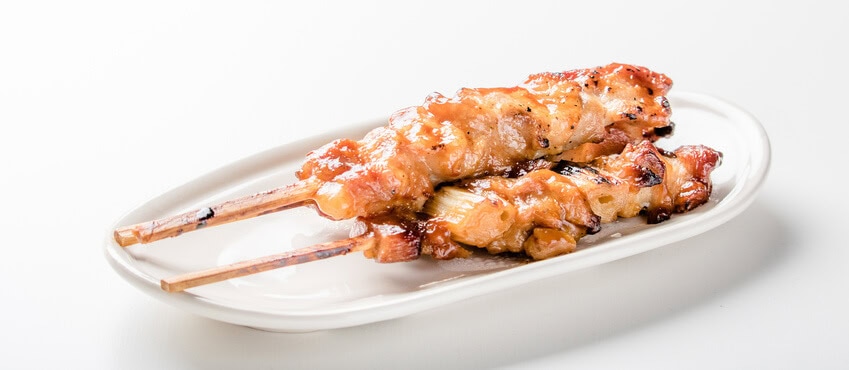

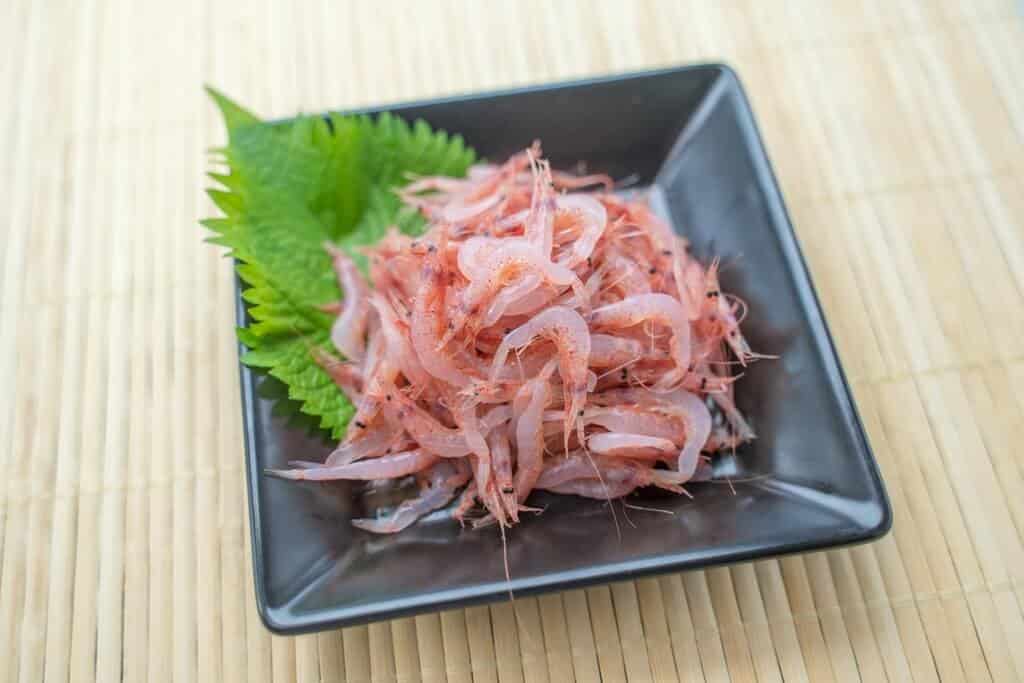
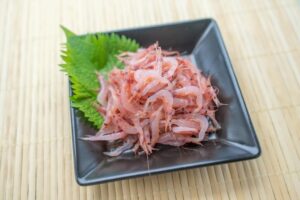
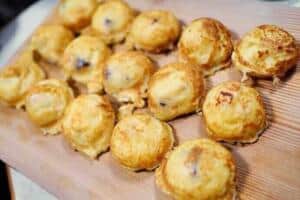

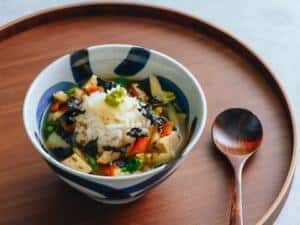
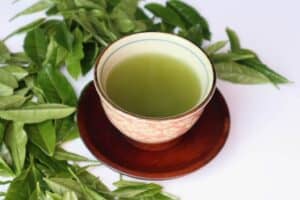
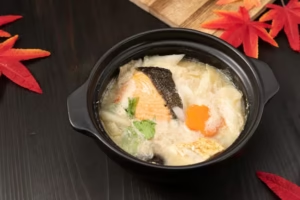
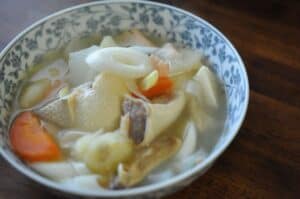
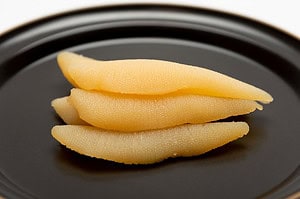
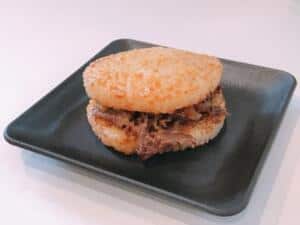
Comments